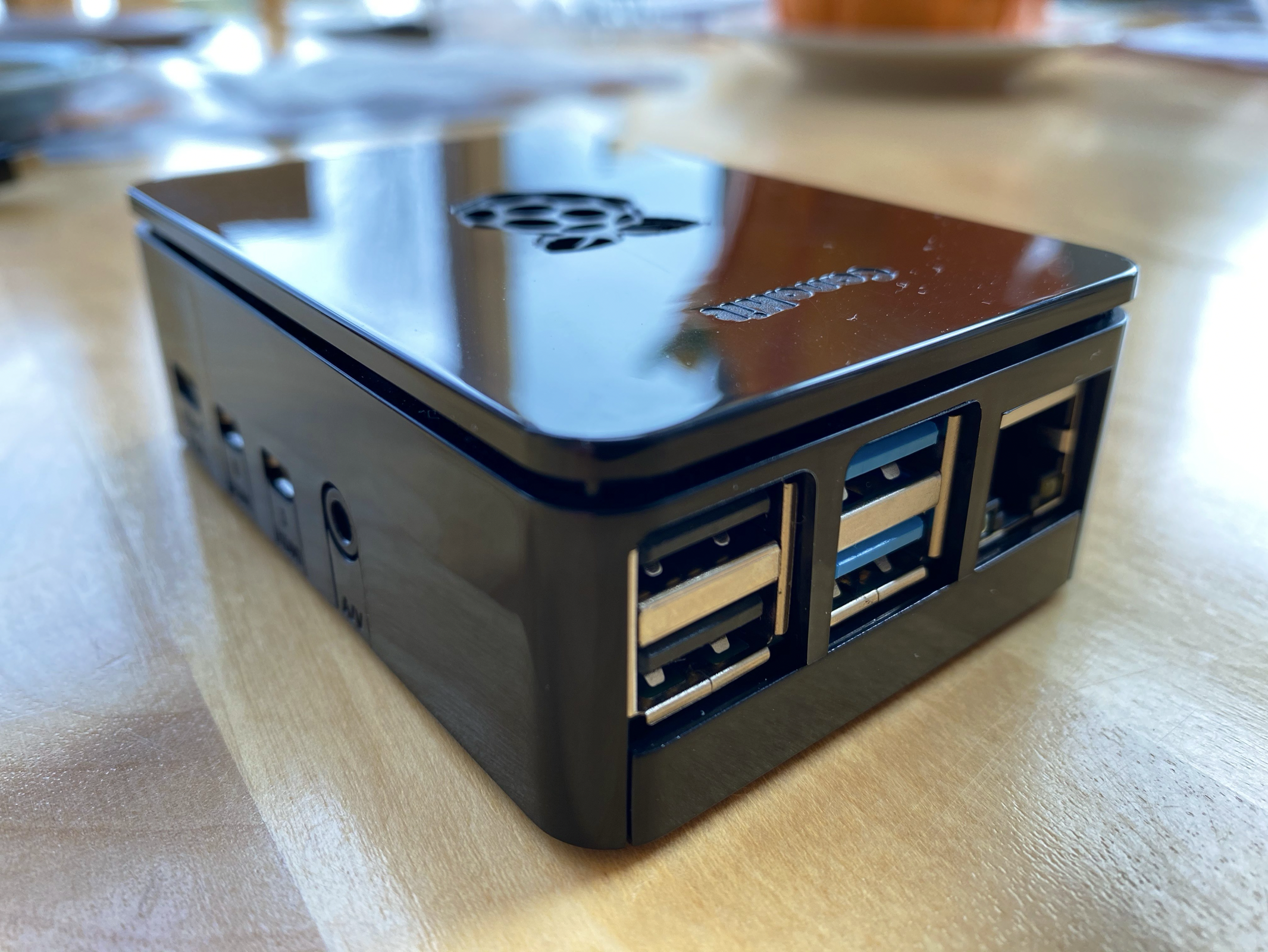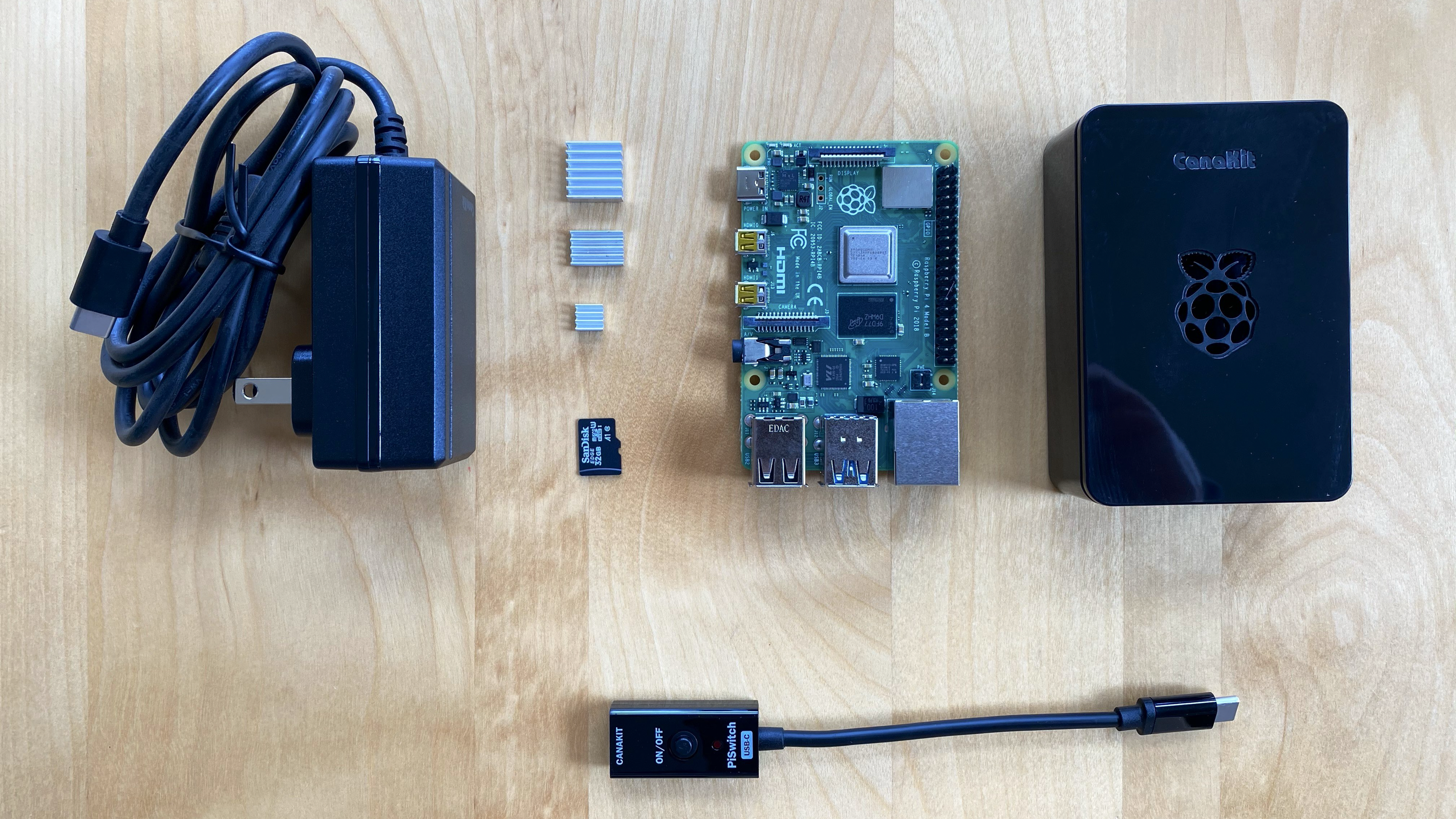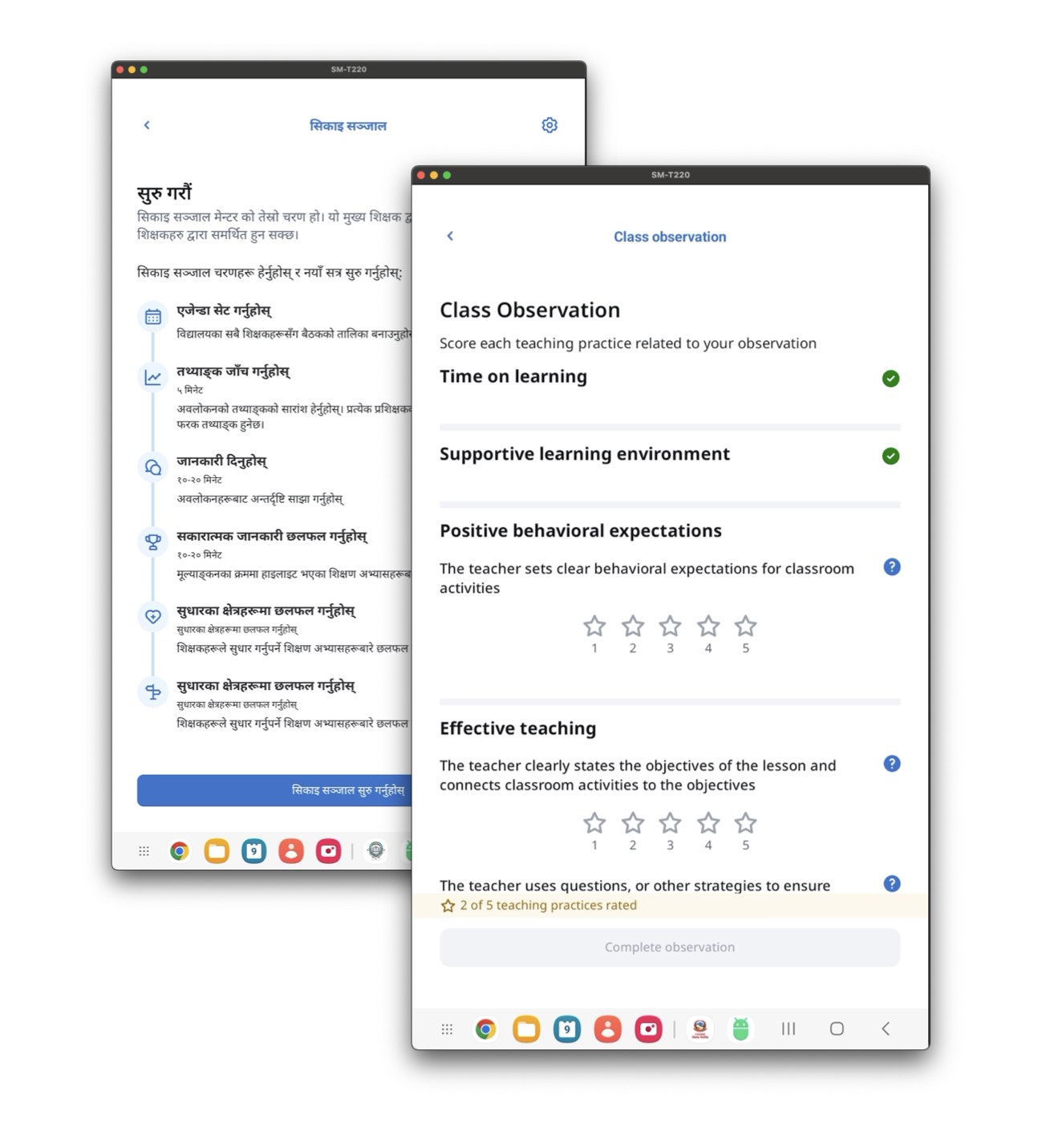Digital landscape review and prototyping of technologies for teacher coaching

Client: World Bank Group
Location: Global (with focus on LMICs)
Year: 2020
Focus: Digital learning, platform selection, educational technology strategy
Strategic design and implementation guidance for a scalable, inclusive training platform
Teach Digital is a World Bank initiative to transform the delivery of its classroom observation training program, “Teach,” into a globally accessible, scalable, and digitally-delivered format. The original in-person program required high-resource engagement and physical presence. The goal of this project was to identify and develop an online learning solution that preserves the rigor of the original training while making it accessible to users with a wide range of connectivity and technological capabilities.
Approach
Dr. John Moravec began the project with a comprehensive landscape review of over 50 learning platforms, ultimately narrowing the field to a shortlist of viable solutions. From this, two open-source learning management systems (Canvas and Moodle) were selected for further evaluation based on their scalability, customizability, and ability to function in low-bandwidth environments. A series of deep dives were conducted to evaluate their cost structures, user experience, support models, and suitability for administering rubric-based assessments. A key innovation tested was the MoodleBox: a low-cost, Raspberry Pi–based Moodle server that can run offline, supporting remote training in fully disconnected environments.
Through multiple stakeholder interviews, technical reviews, and iterative scenario modeling, the project developed a set of implementation recommendations centered on Moodle and MoodleBox as a blended deployment model. Special attention was given to intercultural training contexts, the challenges of digital video delivery at scale, offline capabilities, and alignment with WBG data policies and learner privacy standards.

Deliverables
The consultancy produced detailed reports across three project phases, including a landscape analysis, technical platform evaluation, and full implementation roadmap. Key deliverables included:
- Evaluation matrix of over 50 learning platforms based on core Teach Digital criteria
- A functional MoodleBox prototype for offline deployment
- Strategic guidance for modular course design based on a three-course structure: an introductory module, a certification pathway, and a non-formal practice/refresher track
- Human resource planning and vendor engagement guidelines
- Recommendations for inter-rater reliability testing and digital certification
- Legal and ethical considerations for video content reuse across jurisdictions
Impact
This work provided the foundation for launching the Teach Digital program globally, ensuring equitable access to professional development regardless of connectivity or device constraints. It enabled the World Bank to pilot a multi-modal learning strategy that balances high-quality training delivery with technological pragmatism. The dual-track deployment using Moodle and MoodleBox offered an innovative solution for bridging the digital divide in education, particularly relevant in the context of the COVID-19 pandemic. The framework and findings continue to inform World Bank digital learning efforts in similarly constrained environments.



